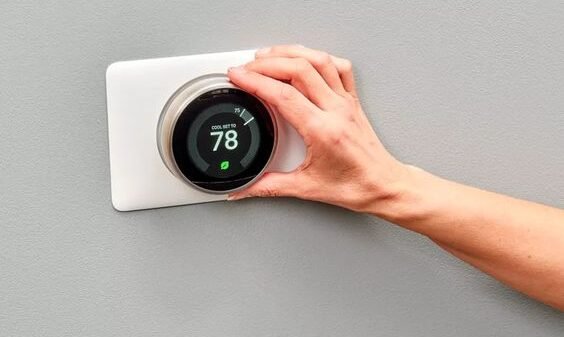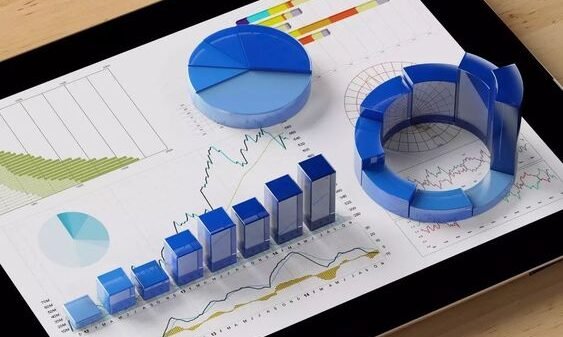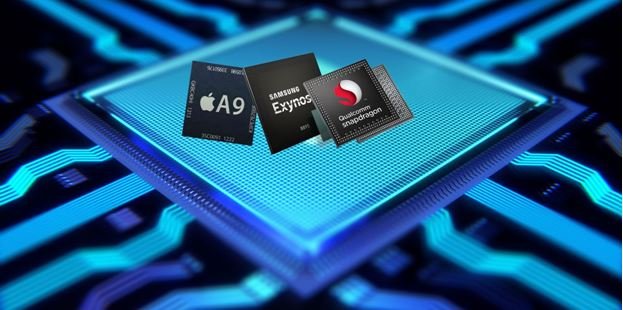Both PCs and mobile phones are designed for distinct purposes. Mobile phones are widely utilized for communication, whereas PCs are routinely used for office work and other formal activities. Mobile phones are now also referred to as minicomputers. Because mobile phones are simple to use and can perform official activities with the aid of various programs, they are becoming more popular among the general population. When compared to a full-fledged PC, however, the mobile phone lags far behind in terms of speed, processing, and other fundamentals.
The processing style of mobiles and PCs is quite similar. In reality, processors are divided into two types: mobile and desktop. In comparison to desktop CPUs, mobile processors are notably compact. Mobile processors are found in devices such as laptops, cellphones, and IoT devices. Mobile processors are meant to be more efficient than they are to be more powerful. These CPUs are incredibly efficient yet do not perform as well as desktop processors.
As we all know, CPUs produce a lot of heat, as seen in computers. When it comes to mobile phones, however, using the same CPU may cause the components to melt. One of the biggest disadvantages of mobile CPUs is that when they get very hot, they restrict their speed, resulting in decreased performance.
Differences between Mobile and Desktop CPUs
As previously said, the mobile CPU is RISC, which means it can execute fewer and simpler instructions, but the desktop CPU is CISC, which means it can execute more and complicated instructions. The mobile CPU or CPUs of the future may be built to function with CISC.
Mobile CPU architecture is based on ARM (Advanced RISC Machine), but desktop or PC CPU architecture is based on x86 or x64.
All cores in a mobile CPU operate on distinct clock pulses, but all cores in a desktop CPU operate on the same clock pulse.
The mobile phone CPU has more general-purpose registers than the desktop CPU.
While modern desktop CPUs provide cache memory, current mobile processors do not. Cache memory may be added with the mobile CPU in the future.
There is no Hyper-Threading Technology incorporated in mobile CPUs, however Hyper-Threading Technology is featured in PC processors. Hyper-Threading technology may be featured in future mobile processors.
Another significant difference is in performance. When comparing a computer to a mobile device with the same CPU speed, the computer will typically be able to accomplish more. This is because the processor’s capabilities are constrained by other hardware components like as RAM, the Graphics Processing Unit, and so on. Computers have greater room, which allows them to contain more complex components and, as a result, accomplish more.
Some claim that both desktop and mobile processors have the same nomenclature, such as i7, and that they are identical in practically every way, although this is not the case. Even while both desktop and mobile CPUs may have the i7 moniker, they are not completely interchangeable. A desktop Intel Core i7-6700, for example, has 4 cores 3.4/4.0 GHz and 8MB cache, yielding a Pass mark score of 9,973. Its mobile equivalent, the Intel Core i7-6700HQ, clocks in at 2.6/3.5GHz with 6MB of cache and earns a Pass rating of 8,001, or about 20% less.
When comparing mobile CPUs to desktop processors, the desktop version will undoubtedly have faster processing speeds and a larger cache than the mobile processor, which has a slower pace. Take a look at the two models below: The clock rate of the mobile core i7 processor is the same as that of the desktop i5 core. The Desktop features twice as many cores as the mobile Core i7 and a little increase in GPU Clock rated performance. Desktop CPUs are more powerful as a result. They can support more devices, which is why they are intended for use with a full-size PC. As is generally known, processor and other mobile technologies are evolving at a breakneck pace, and it is unlikely that we will see mobile devices that are more powerful and perform better than a desktop computer in the near future.





























































